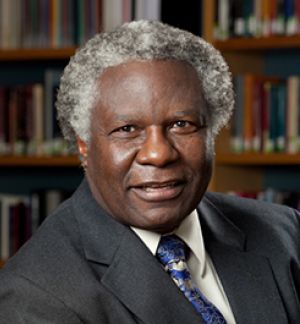Note
This article was reprinted by Business Daily on Dec. 6, 2011, as "Africa Banks on Middle-class Consumers to Drive Its Growth."
Africa looks to its middle-class consumers to drive prosperity
ONE of the noticeable things across Africa these days is how many people have cell phones—71 percent of adults in Nigeria, for example, 62 percent in Botswana, and more than half the population in Ghana and Kenya, according to a 2011 Gallup poll.
Cell phone use has grown faster in Africa than in any other region of the world since 2003, according to the United Nations Conference on Trade and Development. Africa became the world's second most connected region after Asia in late 2011, with 616 million mobile subscribers, according to U.K.-based Informa Telecoms & Media.
Of course, South Africa—the most developed nation—still has the highest penetration, but across Africa, countries have leapfrogged technology, bringing innovation and connectivity even to remote parts of the continent, opening up mobile banking and changing the way business is done.
Seeing the cell phone success, banking and retail firms are eyeing expansion in Africa to target a growing middle class of consumers. According to the African Development Bank (AfDB), one of the results of strong economic growth in recent years has been a significant increase in the size of the African middle class.
The middle class will continue to grow, from 355 million (34 percent of sub-Saharan Africa's population) in 2010 to 1.1 billion (42 percent) in 2060, the bank says (AfDB, 2011a). And this middle class is the key to Africa's future prosperity.
Good combination
Following African countries' independence, the continent has struggled with a seemingly endless array of development challenges, from civil war and political instability to chronic food insecurity, droughts, disease, and pervasive poverty and corruption.
But in recent years, Africa has started to see an economic resurgence. Better economic policies, governance, and use of natural resources, coupled with more business-friendly policies and stronger demand for Africa's commodities from emerging economies such as Brazil, China, India, and South Africa, have led to consistently high growth levels in Africa, despite the global downturn.
Continue reading: http://www.imf.org/external/pubs/ft/fandd/2011/12/juma.htm
Juma, Calestous. “Africa's New Engine.” Finance & Development, December 2011
The full text of this publication is available via Finance & Development.




